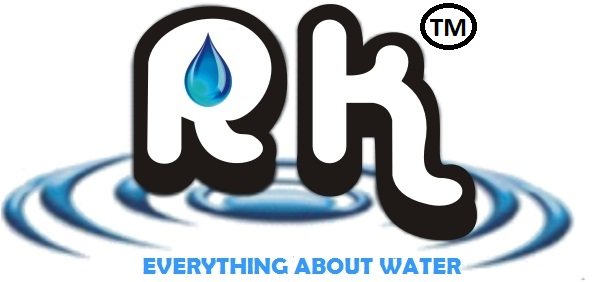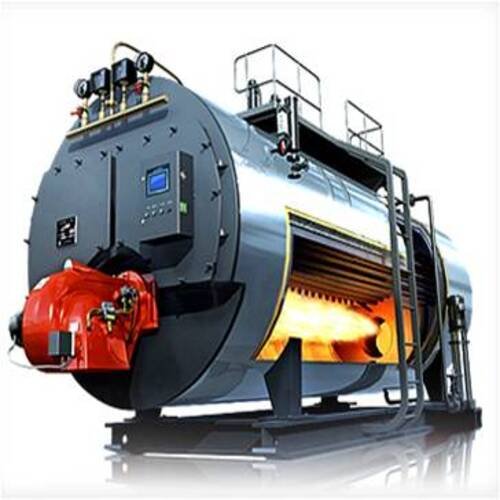WHY IS BOILER WATER TREATMENT REQUIRED?
Water quality is of the utmost importance in proper and safe boiler operations. An improperly treated feed water system can result in the scaling of the boiler internals, safety equipment and auxiliary piping. Such corrosion can lead to thermal fatigue, reduced boiler efficiency and ultimately, boiler failure in severe cases. The destructive nature of the untreated feedwater disrupts your steam production process, which creates added expenses to your total cost of operation. Additionally, you are shortening the lifespan of the equipment causing you to, again, increase capital expenditures.
COMMON BOILER WATER TREATMENT ISSUES
SCALE BUILDUP
Water hardness is the primary source of scale in boilers. Common feed water contaminants are Calcium, Magnesium, Iron, Silica and Aluminium, in which these minerals result in extremely hard deposits when the water is heated. It is important for us to check your water hardness levels because scaling reduces water flow in the pipes, and ultimately, prevents the efficient transfer of heat.
CORROSION
Dissolved oxygen and carbon dioxide in the feed water can attach to the walls of the metal piping and other equipment. This breakdown of the metal elements, or corrosion, will cause system stress and cracking, leading to more severe issues of your boiler. Using high-quality oxygen scavengers or deaerators can help remove these harmful gases.
SLUDGE
Sludge is formed from suspended materials in the water that settles on hot boiler tubes or other surfaces. This water-formed sedimentary deposit reduces heat efficiency and can result in tube failures, restricted circulation and compromised boiler system reliability. We monitor the presence of any sludge-causing contaminants and will perform a boiler blowdown if needed to eliminate any sludge accumulations.
WATER FOAMING
If there are high amounts of dissolved solids at the water surface, then these impurities will arise (or foam) and evaporate (or prime) with the steam, in which this tandem phenomenon will reduce boiler efficiency. In order to prevent water foaming, we will monitor the water levels and maintain a low level of dissolved solids and alkalinity in your boiler.
WHAT ARE THE CHEMICALS USED IN BOILER WATER TREATMENT?
While the exact chemical treatment plan will be determined by a local water expert after performing an analysis of a water sample, there are some chemicals that are commonly used to treat boiler water.
- Primary chemical is an oxygen scavenger, which removes any additional dissolved oxygen that was not removed mechanically by the deaerator or feed water tank.
- Secondary chemical addition includes an inhibitor mixture that contains antiscalant, dispersants, and sludge conditions to minimize deposition.
The water range of boiler water treatment programs include;
- Sludge Conditioner.
- Oxygen Scavenger.
- pH Booster.
- Volatile Chemicals for H.P. Boiler.
- Scale Inhibitor.
- Boil Out Chemicals.
- Pre-cleaning Chemical.
- Descaling Chemical



